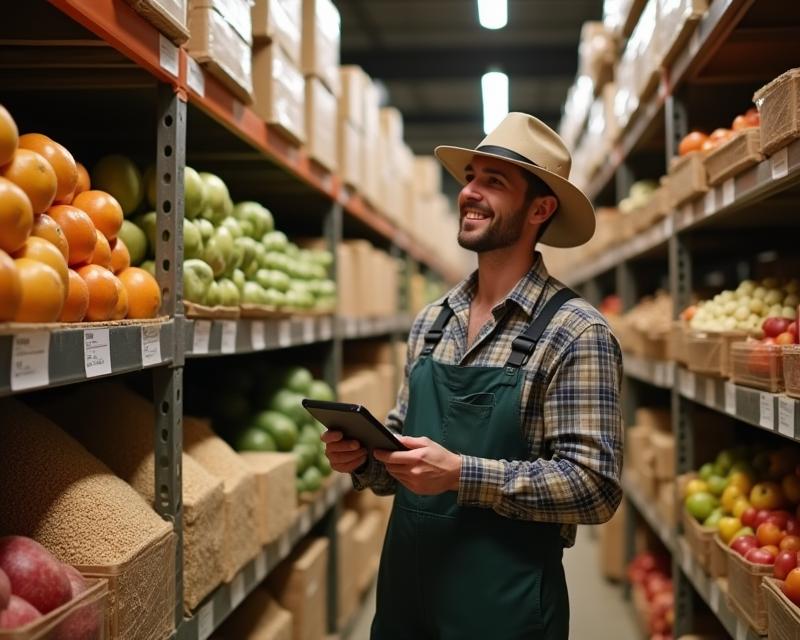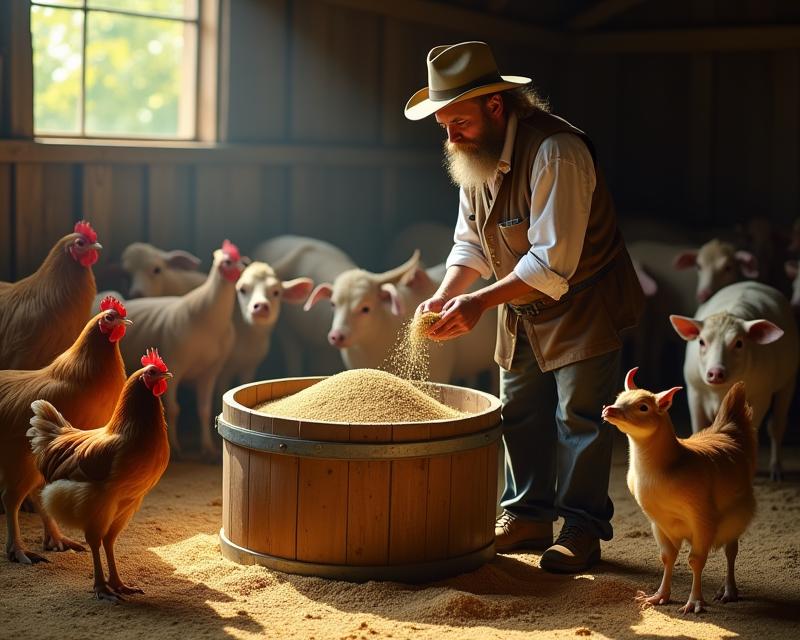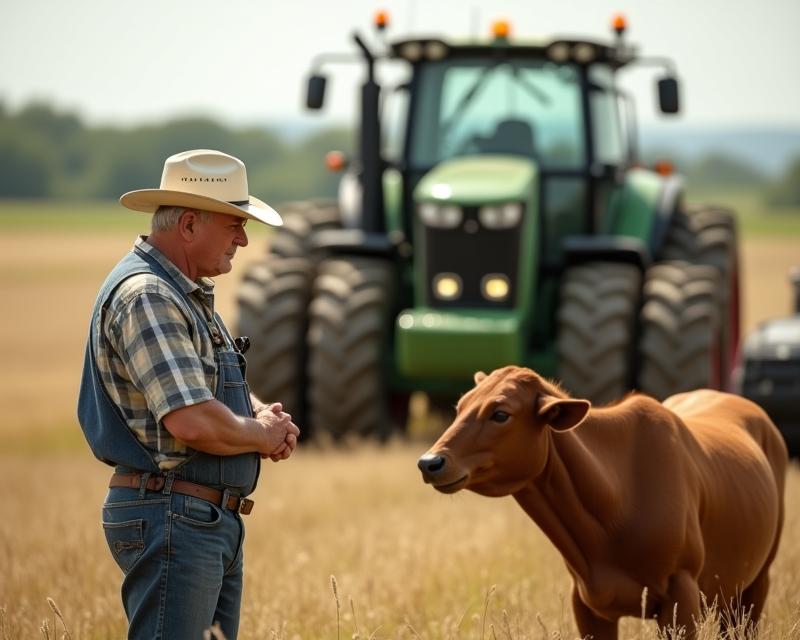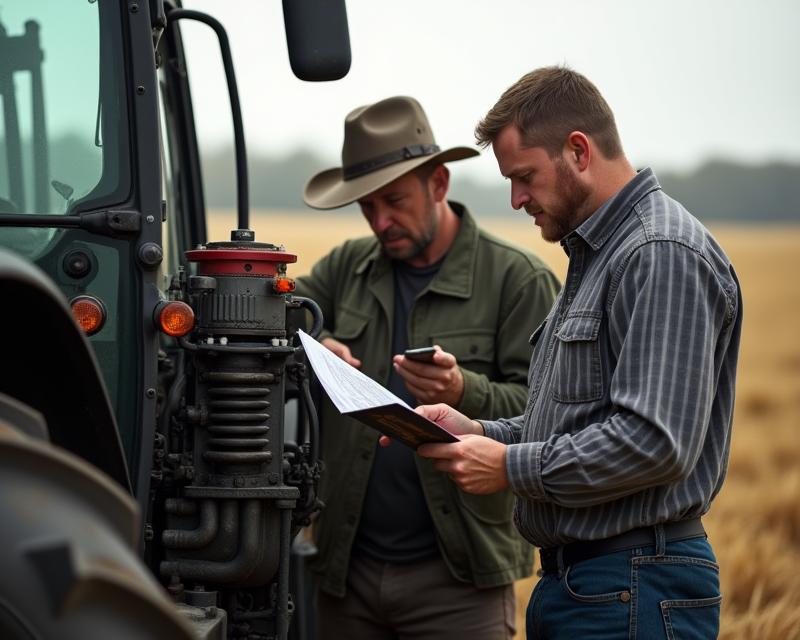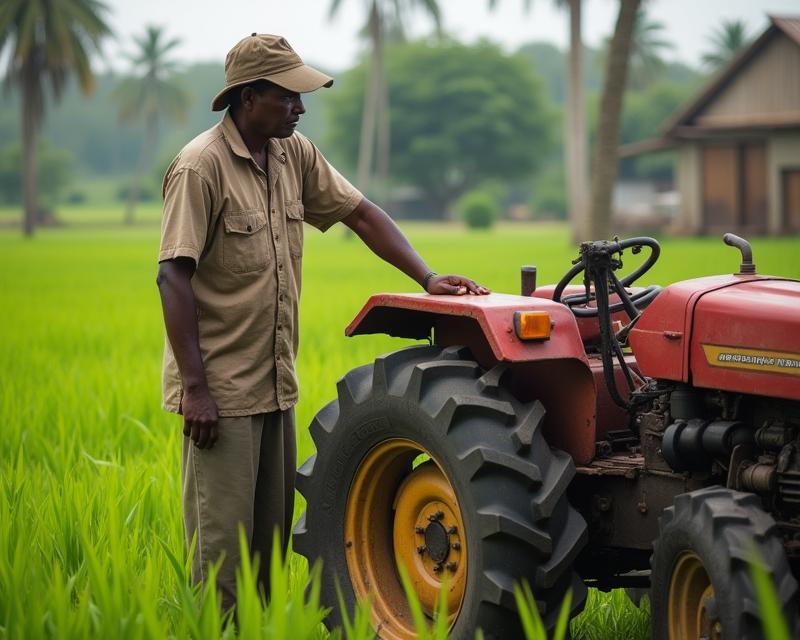Farm to Table: Reducing Food Waste
Publish in Farm Business el 28/06/2025 22:34
Farm to Table: Reducing Food Waste
Food waste is a significant problem, and farms are not immune. From crops that don't meet cosmetic standards to imperfect yields and spoilage during storage and transport, waste occurs at every stage of the agricultural process. But there are practical steps farmers can take to minimize this loss, boosting profitability and contributing to a more sustainable food system.
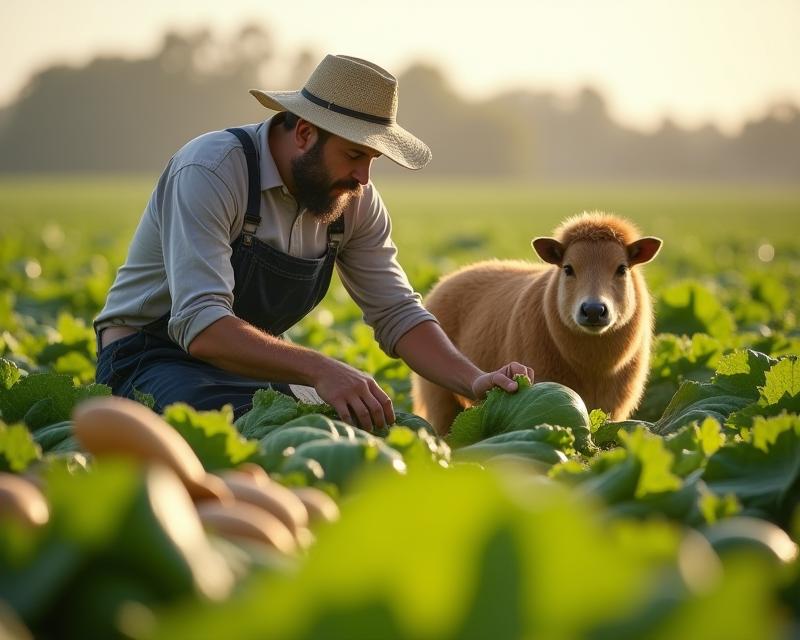
Understanding the Sources of Waste
Before implementing solutions, it's crucial to identify where the most significant waste occurs on your farm. Is it due to harvesting inefficiencies? Poor storage conditions? Difficulty finding markets for 'ugly' produce? Analyzing your waste streams will pinpoint areas for improvement. Consider tracking the types and quantities of food discarded to gain a clearer picture. This data will inform your strategy and allow you to measure the effectiveness of your efforts.
Practical Strategies for Waste Reduction
Several strategies can significantly reduce food waste. One effective approach is to improve harvesting techniques. This includes proper timing, using appropriate equipment, and training workers to handle crops carefully. Investing in better storage facilities – such as controlled atmosphere storage or refrigeration – can extend shelf life. Explore options for processing surplus crops into value-added products like jams, sauces, or dried goods. Don't overlook the potential of donating surplus produce to food banks or local charities. Finally, consider direct marketing channels like farmers' markets or farm stands to sell imperfect or surplus items at reduced prices.
The Benefits of Minimizing Waste
Reducing food waste isn't just environmentally responsible; it's economically beneficial. Lower waste translates directly into increased profitability. It also reduces disposal costs and minimizes the environmental impact associated with landfilling organic matter. Furthermore, a commitment to waste reduction can enhance your farm's reputation and appeal to environmentally conscious consumers. By embracing sustainable practices, you can contribute to a healthier planet and a more resilient agricultural industry. Small changes can make a big difference!
